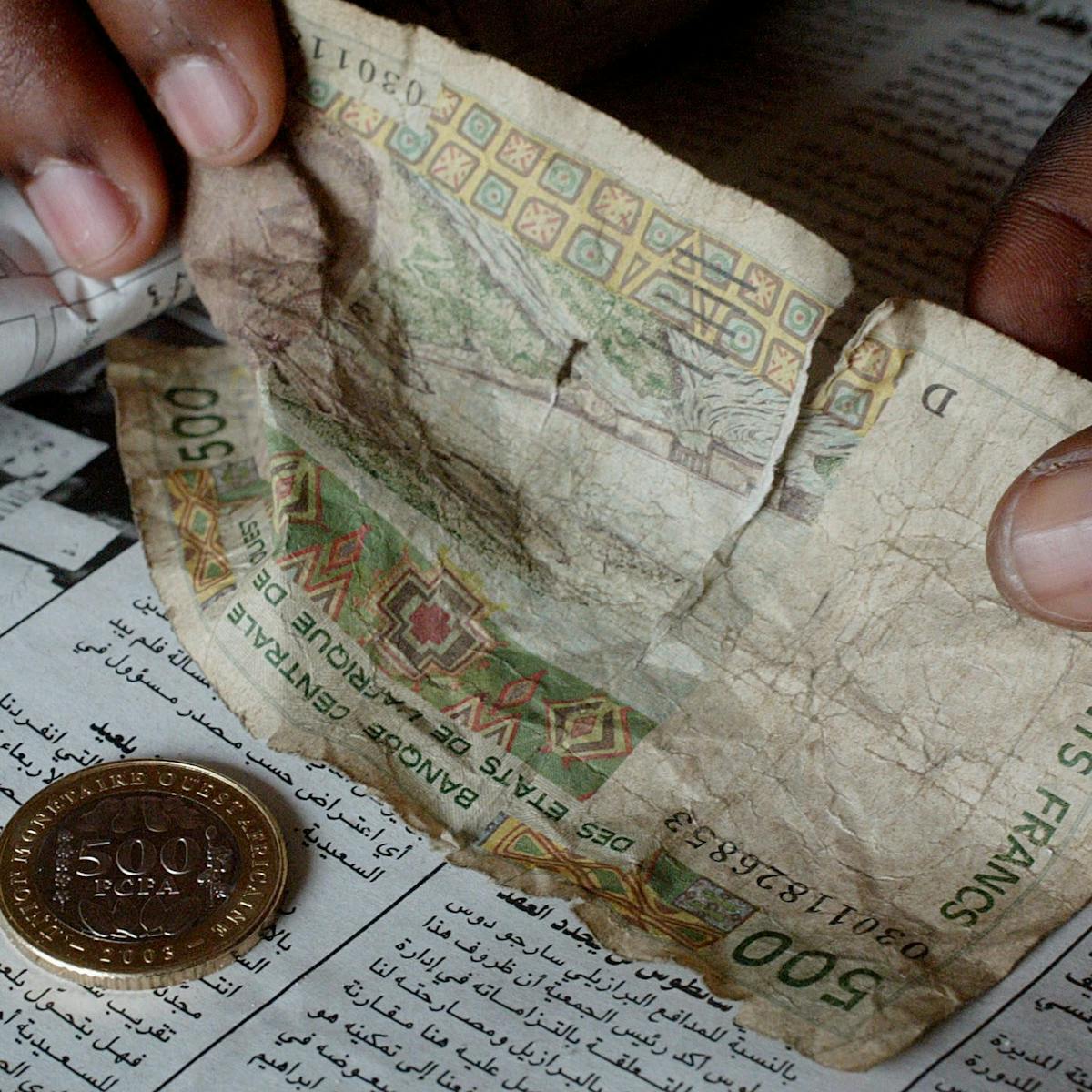Africa’s colonial past may have been painful, but its future is looking bright and shiny. With abundant resources and growing geopolitical importance, Africa is ready to become the world’s growth engine. Though, it seems like the ghost of colonialism is still haunting Africa, and the CFA Franc is its last remaining reminder. But fear not, Africa is finally giving colonialism the boot and saying goodbye to the ghost of its past.
Central African states to dump Franc CFA
The Economic and Monetary Community of Central Africa (CEMAC) has announced its decision to stop using the Franc CFA (FCFA), according to a report. Although currency changes were expected, the CEMAC has opted for a complete change of name. This move is considered necessary by experts due to the recent Euro/Dollar crisis, which has significantly affected the Franc CFA. The CEMAC is also reportedly considering joining West Africa, which is in the process of creating a regional currency called the ECO.

At the last CEMAC summit held on March 17, the heads of state made the decision to end the use of the Franc CFA. As per the report, they suggested that the results of the various reflections initiated by the BEAC could be transmitted to the member states’ various ministers of economy and finance.
Read More: Western Africa has truly and completely thrown France out
This decision is likely not a reform but an exit from the FCFA, and will involve a complete overhaul of the current system. It may also lead to the closure of the operating account in the books of the Banque de France to allow CEMAC to have all of its foreign exchange reserves against 50% currently, and the withdrawal of French representatives from the decision-making and control bodies of the BEAC.
France’s monetary imperialism in Africa
On August 11, 2015, while speaking at the celebrations marking the 55th anniversary of Chad’s independence, President Idriss Deby stated that there was a “cord preventing development in Africa that must be severed.” The “cord” he referred to is known as the CFA franc.
The CFA Franc is a colonial currency that was created to foster economic integration among France’s colonies and to control their resources, economic structures, and political systems. Following independence, the CFA franc was adopted by the West African Economic and Monetary Union (WAEMU) and the Economic and Monetary Community of Central Africa (CEMAC).

However, the continued use of the CFA franc has only served to benefit France by maintaining its influence and control over these African nations. Monetary agreements between African nations and France have many requirements that undermine Africa’s monetary sovereignty.
For example, since 2005, the Central Banks of West African States and the Bank of Central African States (BEAC) have been required to deposit 50% of their foreign exchange reserves in a special French Treasury “operating account.” If the CEMAC decides to stop using the Franc CFA, it may also lead to the closure of the operating account and allow the CEMAC to hold all of its foreign exchange reserves.
Read More: Unified regional East African currency shows dollar the exit door
Critics argue that the fixed rate of exchange between the CFA franc and the euro dictates the monetary and exchange rate policies of the franc zone nations and is detrimental to growth. They also view the CFA franc as a neo-colonial device that impedes economic development in user nations by serving as a barrier to industrialization and structural transformation, which fails to stimulate trade integration between user nations or boost bank lending to their economies.
Africa taking on the challenge
Indeed, the move by Central African states to discontinue the use of the CFA franc is a significant step towards achieving monetary independence. It is worth noting that this is not the first time such a move has been made in Africa, as other regions on the continent have also taken steps towards having their own currencies.
For instance, the East African Community (EAC) has been working on the creation of a regional currency called the East African Shilling. The Southern African Development Community (SADC) has also expressed a desire to have a common currency in the future. These moves are indicative of a broader trend of African countries seeking greater control over their monetary policies and reducing reliance on former colonial powers.

However, the process of creating and implementing a new currency is complex and requires careful consideration of a range of economic and political factors. It is therefore essential for African countries to work together and coordinate their efforts toward achieving monetary independence while ensuring the stability and growth of their respective economies.
Read More: Why source your currency from the West when you have options back home
West Africa also conceptualized the idea of having a single currency called ECO back in 2003. Its leaders had set a goal of achieving a monetary and currency union by late 2020. However, the COVID-19 pandemic and the failure of many countries to meet the criteria for launching the single currency led to its postponement from the initially planned date of 2020 to 2027.

With the Economic and Monetary Community of Central Africa (CEMAC) considering joining West Africa, efforts toward a unified currency are gaining momentum. Leaders of both regions have given greater credence to the idea now more than ever, which is a positive sign for Africa. Therefore, unifying currency, unifying people, and bidding farewell to the last traces of colonialism and slavery in Africa – looks like the continent is ready to show those vestiges the exit door! This is one currency we can all get behind because with unity comes prosperity!
Read More: Africa kicks dollar to the curb
https://www.youtube.com/watch?v=IXIjIG7pLys&t=1s








